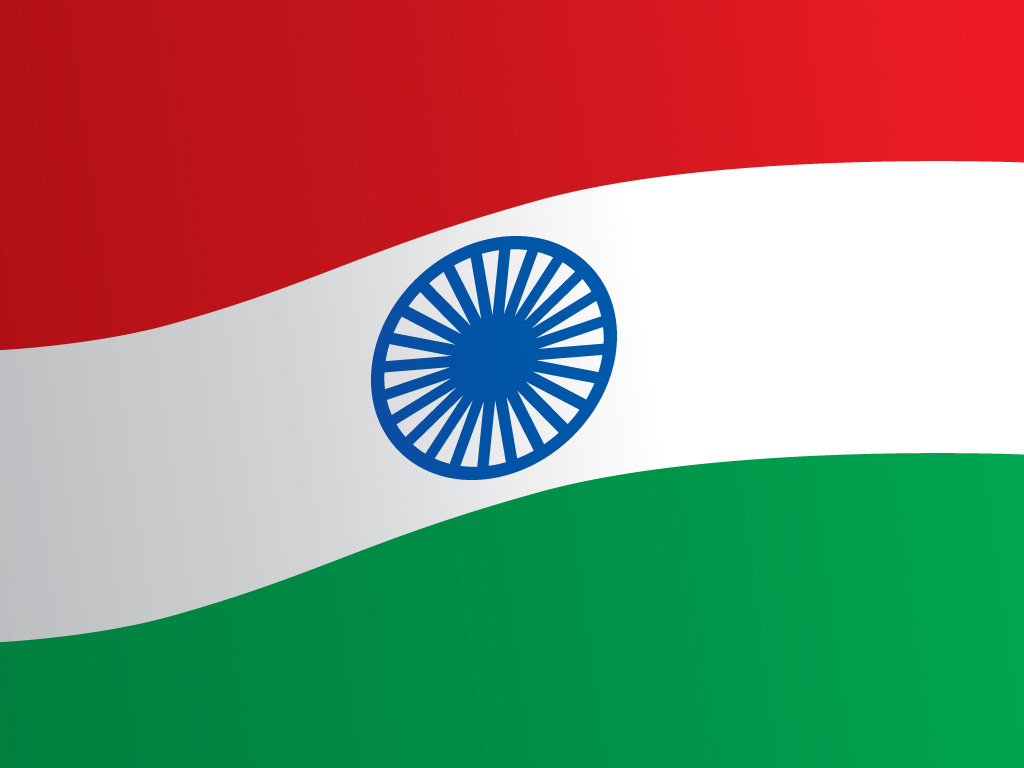India, Germany launch science-industry initiative
 New Delhi - Germany and India on Tuesday launched a strategic initiative which will foster cooperation between science and industry on innovation in skill development, industrial growth and life sciences.
New Delhi - Germany and India on Tuesday launched a strategic initiative which will foster cooperation between science and industry on innovation in skill development, industrial growth and life sciences.
India's Science Minister Kapil Sibal and German Federal Minister for Education and Research, Annette Schavan inaugurated the Indo-German Science and Technology Centre (IGSTC) in New Delhi for which each side will provide 10 million euros over the next five years.
"The main objective of the centre is technology transfer. The structure will focus on close Indian-German cooperation between science and industry," Schavan told reporters addressing a joint press conference with Sibal.
The Centre will provide links to research, academia and industry and will support flagship bilateral projects in areas of common interest.
Six projects in the areas of production technology, biotechnology and life sciences have already been identified, Schavan said.
"The partnership would address the challenges faced by both the countries in various areas. It will look forward to technological solutions to the local problems," Sibal said.
He said India was planning to establish 50,000 development centres where people would be provided skill-oriented training. Germany, which is much advanced in skill development, can be of help to India in this connection, he said.
India produces about 600,000 engineering graduates annually. However, all of them are not employable since their skills are not upto the mark.
On a question regarding German help to India which was allowed global nuclear trade recently, Schavan said the uses of nuclear energy was currently being debated in Germany.
She said she was personally in favour of cooperation in the area but the extent and quality of such cooperation would be possible only after a decision was taken.
A joint declaration on "Science for Sustainability" was also signed to develop a bilateral programme in the areas of science for sustainability, clean technologies, energy security and coal and water technologies. (dpa)